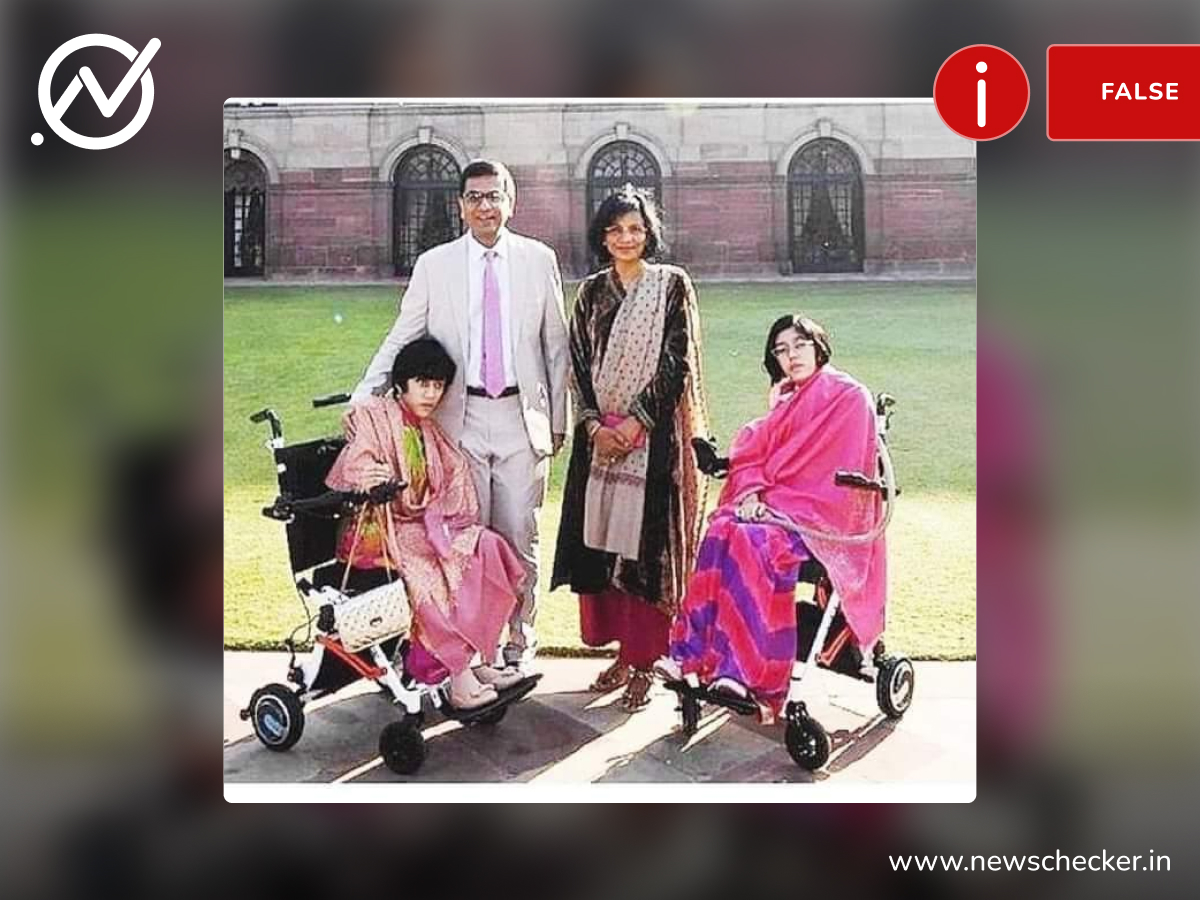
The CJI's comments gained attention after the apex court's involvement in several high-profile cases, including challenges to constitutional amendments, significant political developments, and decisions that have sparked debates over judicial overreach. During a recent event, Chandrachud remarked on the need to delineate the boundaries between the judiciary and other branches of government, maintaining that judicial interventions should be limited to matters requiring constitutional scrutiny.
In one of the landmark rulings led by CJI Chandrachud, the Supreme Court upheld the abrogation of Article 370, which stripped Jammu & Kashmir of its special status. This decision has been pivotal in the ongoing debate over the extent of judicial review in issues relating to the state's governance during President’s Rule. According to Chandrachud, the judiciary's role in assessing the constitutionality of such political decisions is crucial, but it must remain within the confines of constitutional provisions. He highlighted that while the Supreme Court holds the power to review executive actions, this authority should not be confused with taking a political stance or acting as a substitute for legislative bodies.
The abrogation case, which saw intense debates, focused on the legality of decisions taken by the central government under Article 356, which imposes President’s Rule in a state. Chandrachud, in his ruling, emphasized that the executive actions taken during this period are subject to judicial review, but the scope of this review is limited to determining whether the decisions align with the objectives of the Proclamation of President’s Rule. This cautious approach reinforced the Court's stance that judicial scrutiny must be confined to constitutional grounds without delving into the political merits of the decision.
The Chief Justice's stance on maintaining judicial restraint is rooted in the principles of separation of powers, a cornerstone of India's democratic framework. Chandrachud has often referred to the judiciary's role as being distinct from that of the legislature and executive, both of which operate within their own spheres. He argued that while the judiciary is tasked with safeguarding constitutional values, it should avoid becoming a venue for resolving political disputes that are better suited for parliamentary debate and resolution.
CJI Chandrachud's call for judicial restraint comes amid growing concerns over judicial activism, where courts are increasingly seen as stepping into areas traditionally reserved for the government. This has been particularly evident in cases concerning socio-economic policies, where courts have been asked to intervene in decisions ranging from environmental regulations to welfare schemes. Chandrachud, while acknowledging the judiciary's duty to protect fundamental rights, reiterated that courts must avoid giving the impression of substituting the government's judgment with their own.
The judiciary's independence is critical to ensuring that justice is delivered impartially, free from political influence. However, Chandrachud pointed out that this independence does not grant the courts a license to act as a counterweight to the elected government. Instead, he argued that the judiciary's role is to act as the "sentinel on the qui vive," vigilant in protecting constitutional rights while respecting the democratic process.
His remarks also reflect the ongoing debate about the judiciary's involvement in electoral matters. The Supreme Court has been called upon to adjudicate on matters related to election laws, the conduct of political parties, and the disqualification of elected representatives. While the judiciary has a role in ensuring the integrity of the electoral process, Chandrachud warned against courts overreaching into areas that are primarily political in nature, such as policy decisions that have wide-ranging social and economic implications.
CJI Chandrachud's comments underscore the importance of maintaining a delicate balance between judicial intervention and legislative supremacy. This balance is essential to uphold the principles of democracy, where each branch of government functions within its own domain, with checks and balances ensuring that no one branch dominates the others. His emphasis on preserving the Supreme Court's role as a court of the people, rather than a political actor, reflects his broader vision of judicial accountability and restraint.
